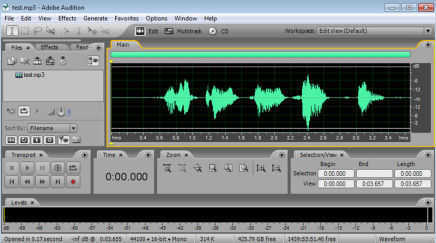
TRAUMA RELATED - VIDEOS
HEALING TRAUMA 2018 mp3s -- LINK
While most of these resources might have originally been intended for therapists, some people using this site could well benefit from trying out some of the techniques recommended. However, for optimal, and safe, benefit, I recommend you establish a good relationship with a trained therapist, discuss these with that person, and only then try them out for yourself.
These resources discuss important elements in helping people benefit from counselling.
The majority of the materials are in the form of MP3 sound recordings from webinars.. Please note: they are of approximately an hour's duration, and approximately
200 Mb (video) 100 Mb (audio) in size, so bandwidth considerationa are important.
They have been organised into three subject groupings:
Trauma-related;Skills, Development-related, and Therapy-related -- see the relevant tabs below.
Guides to understanding and dealing with the effects of emotional, especially interpersonal, trauma.
This Page
Guides to developing skills in Emotion Regulation, Mindfulness, Relationships
Learn more...
Guides to better managing the conduct of therapy sessions; or to benefitting from participating in therapy.
Learn more...

TRAUMA RELATED - VIDEOS
HEALING TRAUMA 2018 mp3s -- LINK
In this training session, we will explore:
How adverse childhood experiences set the stage for chronic illness and substance
abuse later in life through epigenetic changes, neurochemistry, immune function, and
brain wiring
How evidence-based psychological interventions can rewire neurohormonal circuitry and help restore both physical and mental balance
Some of the interventions covered include the modification of explanatory style,
stress hardiness and resilience training, narrative medicine, meditation and
mindfulness techniques, imagery, and cognitive approaches
In this training session, we will explore:
At the end of this presentation participants will be able to describe an explicit
statement of Polyvagal Theory
Illustrate how a Polyvagal perspective provides insights into clinical assessment and
treatment
Describe a face-heart connection that defines a social engagement system that links
our bodily feelings with facial expression, vocal intonation, and gesture
Explain that maladaptive behavior, including states of dissociation, may be an
emergent property of an adaptive physiological state triggered by survival
mechanisms
In this training session, we will explore:
An interdisciplinary view that draws on a wide range of sciences to explore how
trauma impacts the developing mind
By viewing the mind as arising from both neural processes in the body—the
embodied brain—as well as from interactions within relationships, we can see how
trauma within families in the form of neglect or abuse can shape the ways in which
the brain develops and the mind arises
The impact of trauma on the regulatory functions of the brain—the circuits that shape
affect, attention, and behavior as well as the epigenetic molecules that control gene
expression—will be reviewed
Ways in which therapeutic interventions can harness the power of neuroplasticity, or
how the brain changes in response to experience, will be discussed. At the heart of
healing is integration that enables differentiated regions to be linked to one another.
Fredrike Bannink -- Post-Traumatic Success
The 3 R’s of recovery
What survivors from different cultures can teach us about resilience
Ways to keep hope alive
TRAUMA RELATED - MP3s
HEALING TRAUMA 2018 MP3s -- LINK

Discover what more than two decades of detailed follow-up interviews with trauma clients have revealed about the nuts- and-bolts do’s and don'ts of good trauma work and how to most effectively structure a collaborative approach to treatment.
MP3 format [LINK] See also this page [LINK]
Explore how the stories clients tell about a trauma event shape their experience of it. You’ll learn how to help them develop a more positive “untold” story, plus myriad ways to help clients bolster their cognitive, emotional, physical, and behavioral resilience.
MP3 format [LINK] Case Conceptualization Model -- (PDF [LINK])
Why Practitioners Shouldn’t Forget the Body When Looking at Brain Science
How the Body Affects the Mind and Brain – and Why Practitioners Need to Keep All Three in Mind for Maximum Healing
Why You Can’t Just Use the Left Brain to Talk Your Way out of Trauma
How Mindfulness Heals the Brain and Body When Treating Trauma
MP3 format [LINK]
See also: Using directed mindfulness with patients who have experienced trauma [LINK]
Learn about the relevance of trauma work issues like family dynamics, poverty, and racism and how to broaden your clinical frame of reference to address the too-often-ignored sociocultural dimensions of what can keep traumatized clients stuck.
MP3 format [LINK]
SHARE THIS PAGE!